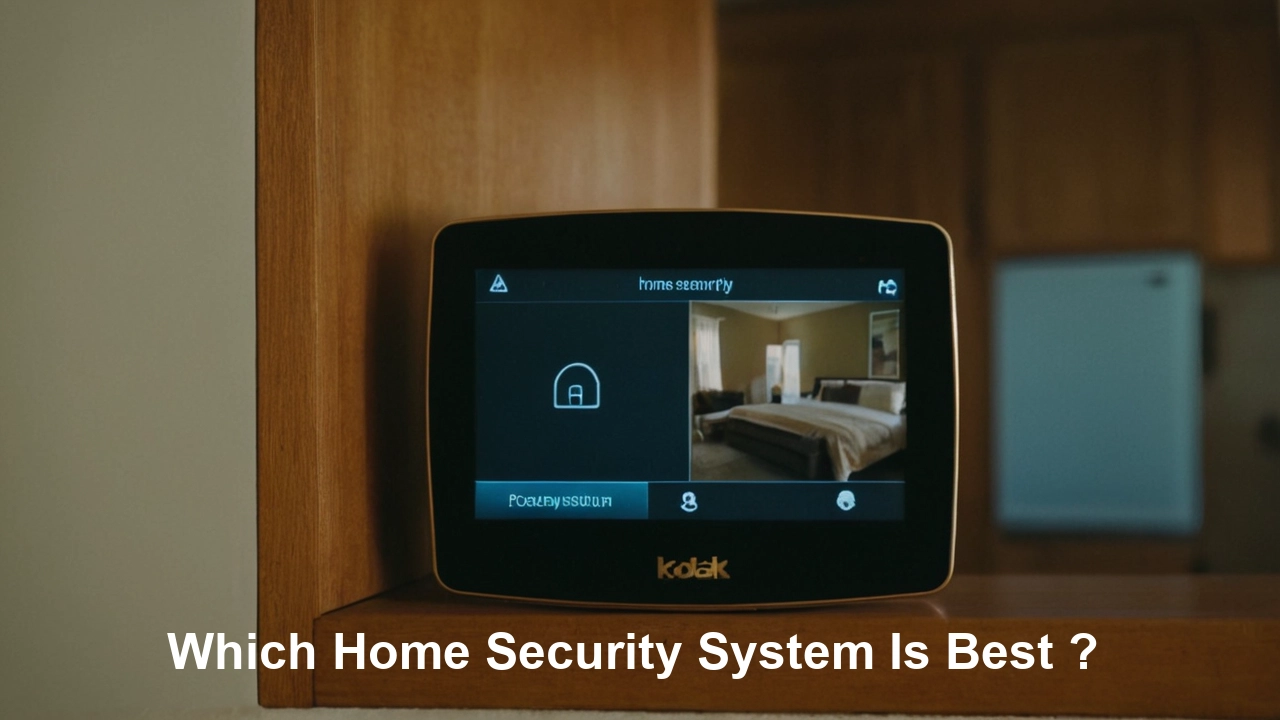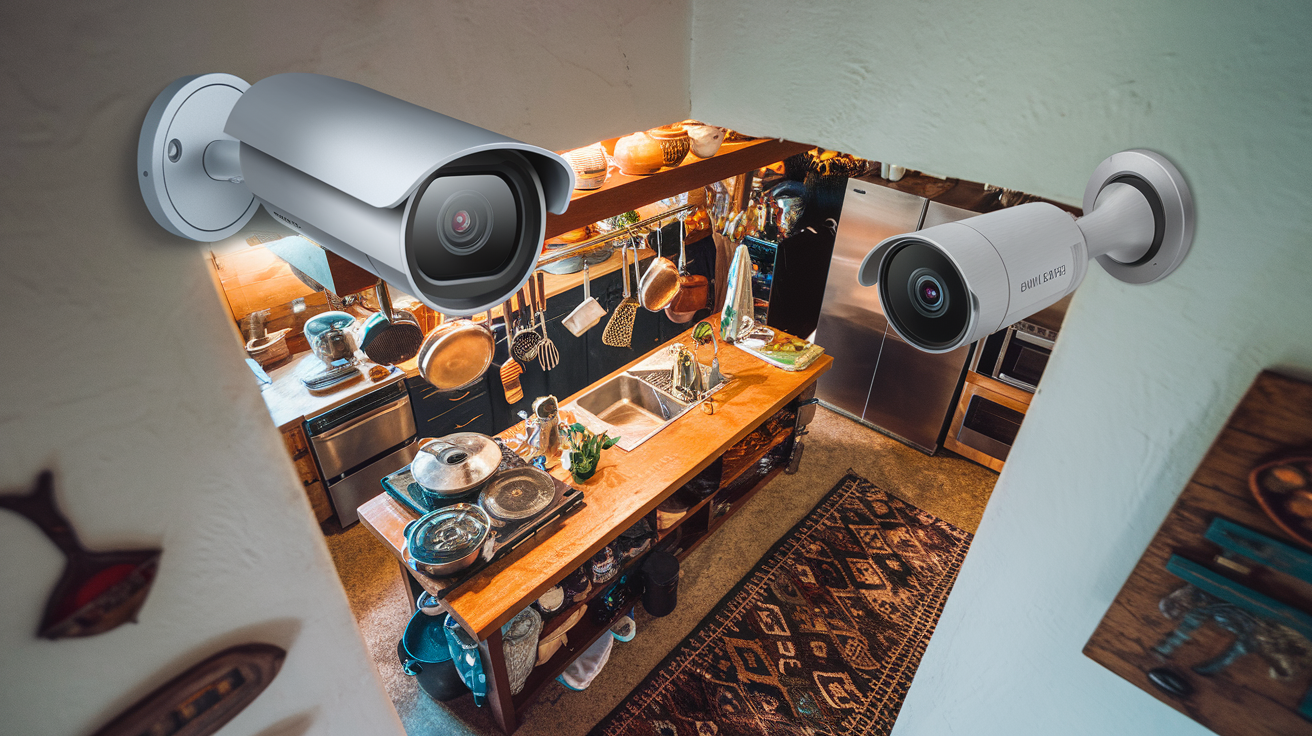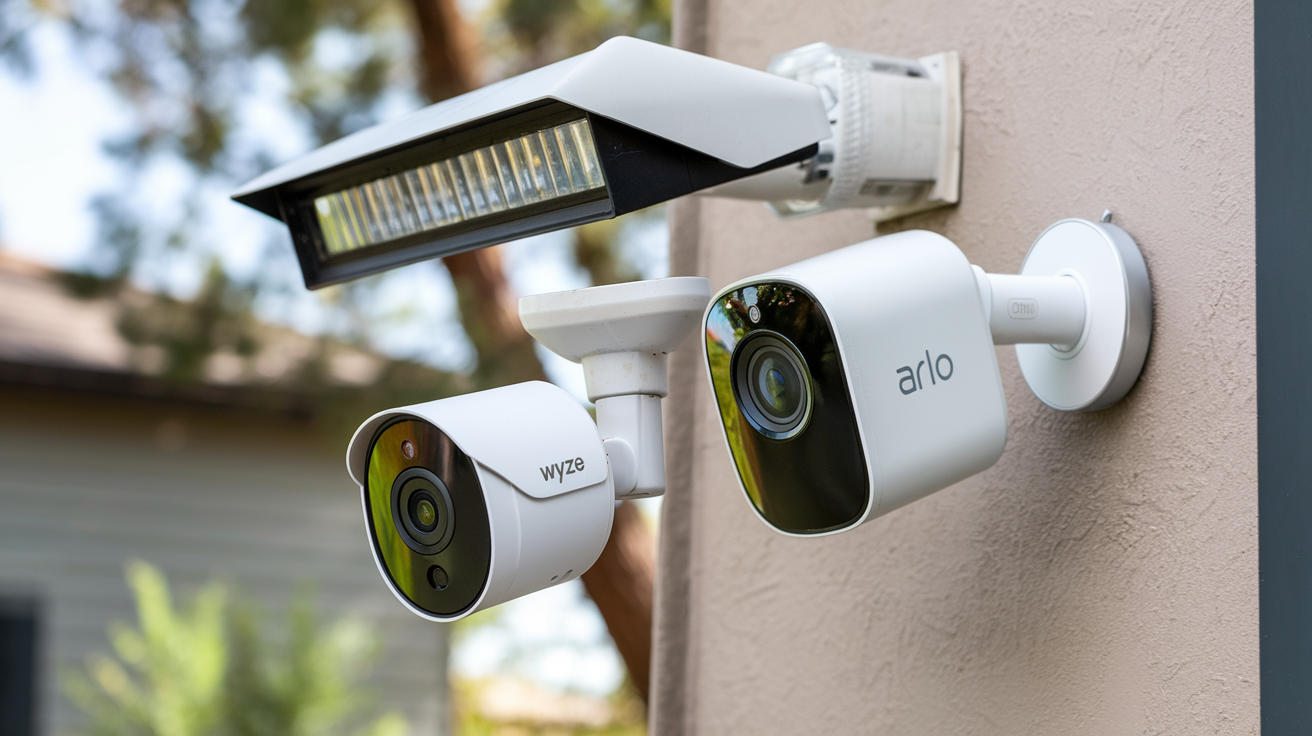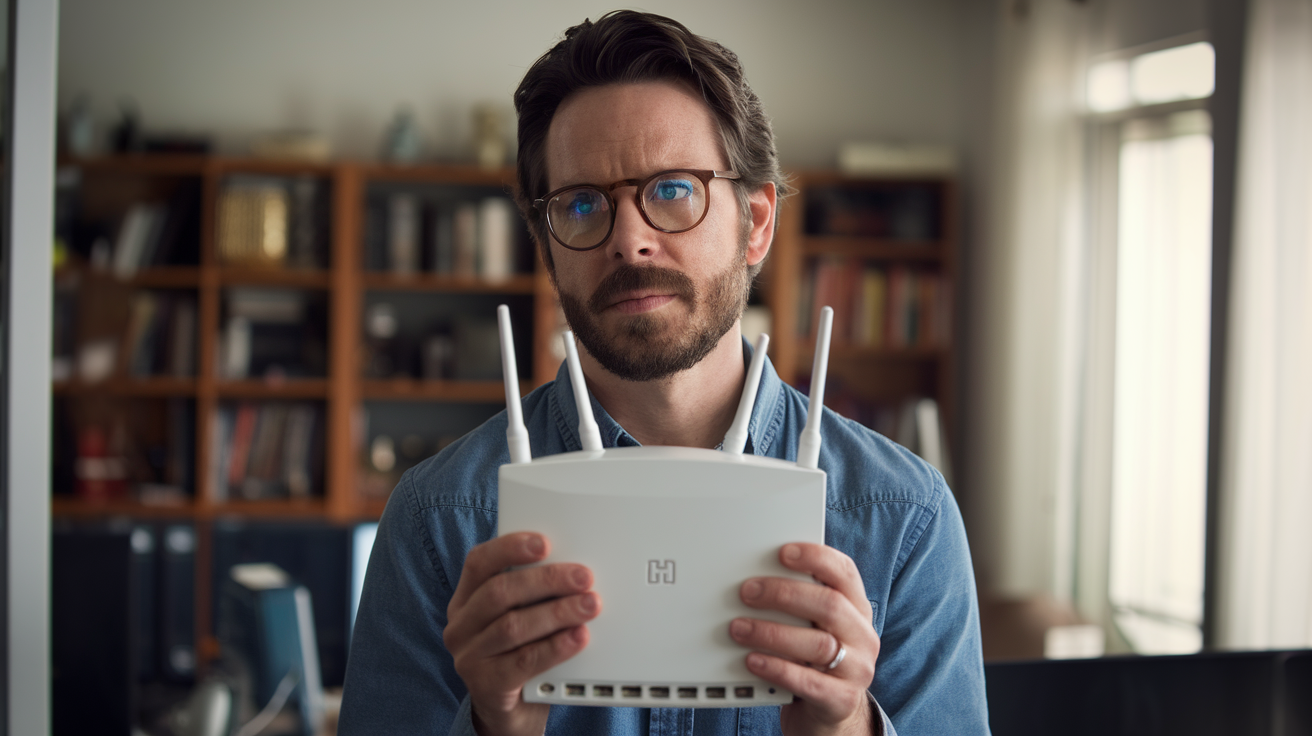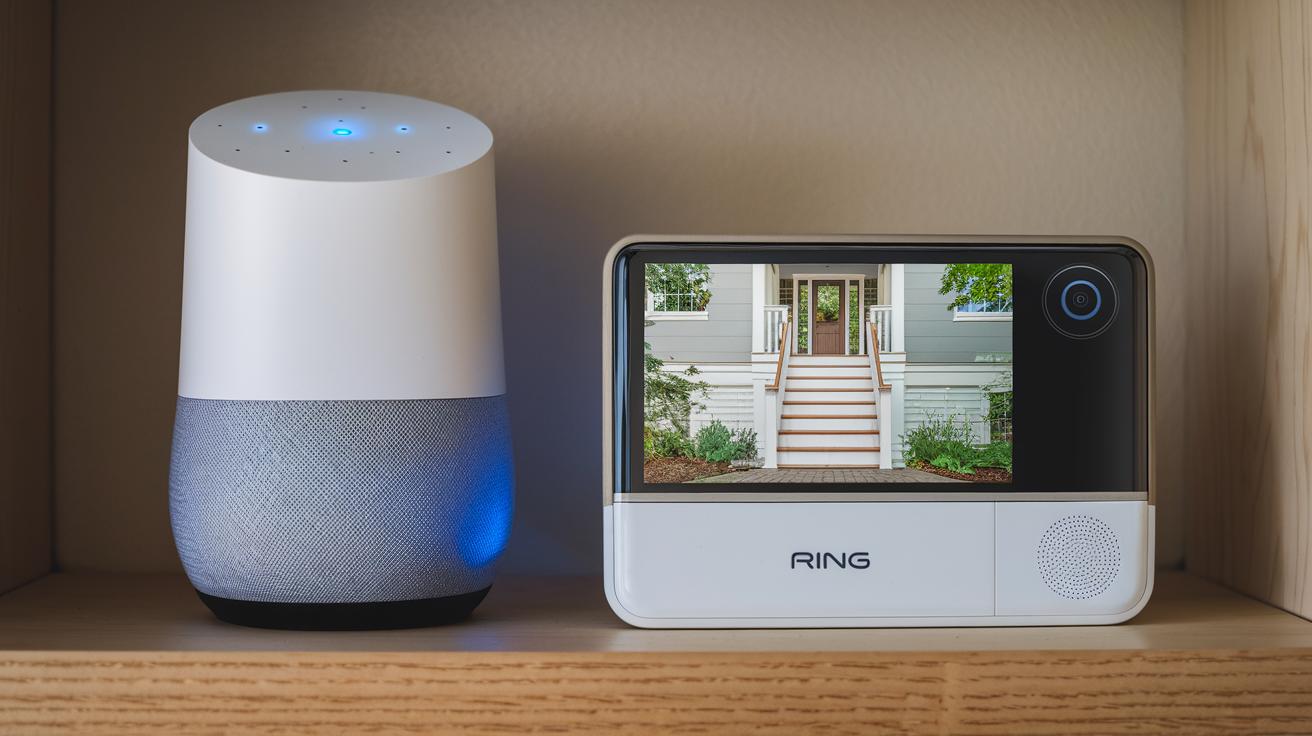In a time when technology is developing at an unprecedented pace, home security systems have become essential for safeguarding our homes and loved ones. Choosing the best home security system might be intimidating with the wide range of choices now on the market. This thorough guide seeks to simplify the main factors, features, and top candidates so that you may decide with knowledge and guarantee the security of your house.
Understanding Your Needs:
Examining your particular needs is essential before entering the realm of home security systems. Think about things like your house's size, the crime rate in your community, and whether you have any particular weaknesses that need to be addressed.
- Home Size and Layout:
The kind of security system that fits your demand depends much on the dimensions and layout of your house. While smaller places might simply need a simple setup, larger residences could call for more thorough surveillance using more cameras and sensors.
- Crime Rate in Your Area:
Finding out the crime rate in your area can enable you to determine the degree of security required. More strong security measures—like 24/7 surveillance and instantaneous response services—may help high-crime areas.
- Identify Vulnerable Points:
Point out possible security flaws in your house, including windows and doors, which could compromise it. This will enable you to give regions needing further protection and monitoring top priority.
Key Features to Consider:
To determine the best home security system, it's essential to evaluate the features offered by different providers. Here are some key features to consider:
Monitoring Services:
A professional monitoring service enables third-party security companies to survey your security system anytime during the day or night.
Through self-monitoring, homeowners obtain system notifications, which they can check directly by using mobile applications.
Security Cameras:
Indoor and outdoor cameras need evaluation based on required coverage extent together with resolution features and field-of-view capabilities.
The capability to see during nighttime represents an essential feature because it enables video recording in environments with minimal light.
Motion Sensors:
The PIR (Passive Infrared) sensor uses infrared radiation changes to detect movement in its surveillance area.
The detection method of microwave sensors works by sending microwave pulses that can analyze large areas for movement.
Smart Home Integration:
The security system should support integration with well-known smart home platforms such as Alexa and Google Assistant, together with the Apple HomeKit platform.
The automated system permits security-based control over home functions such as thermostat temperature and lighting conditions.
Mobile App Accessibility:
A user-friendly interface with real-time notifications and operational controls should be present in the well-designed application.
Top Home Security System Providers:
Now that you understand your needs and the key features to look for, let's explore some of the top home security system providers in the market.
-
Ring Alarm:
- Key Features:
- Affordable monitoring plans.
- Integration with other Ring products like video doorbells.
- DIY installation.
- Key Features:
-
ADT:
- Key Features:
- Professional monitoring with a long-standing reputation.
- 24/7 customer support.
- Wide range of security products.
- Key Features:
-
SimpliSafe:
- Key Features:
- DIY installation without long-term contracts.
- Customizable system with a variety of sensors.
- Cellular monitoring for reliability.
- Key Features:
-
Vivint Smart Home:
- Key Features:
- Professional installation with a focus on home automation.
- High-quality cameras with smart analytics.
- Integration with popular smart home platforms.
- Key Features:
-
Frontpoint:
- Key Features:
- DIY installation with excellent customer service.
- Wireless equipment for easy setup.
- 30-day risk-free trial.
- Key Features:
Installation and Setup:
The installation process can vary depending on the chosen home security system. Some systems are designed for easy DIY installation, while others may require professional installation for optimal performance.
-
DIY Installation:
- Most modern systems offer straightforward DIY installation, saving you installation costs.
- Step-by-step guides and video tutorials are usually provided for easy setup.
-
Professional Installation:
- Some homeowners prefer professional installation to ensure all components are correctly placed and configured.
- Professional installers can offer guidance on the best placement for cameras and sensors.
Cost Considerations:
While the initial cost is a crucial factor, it's essential to consider the long-term expenses associated with a home security system.
-
Upfront Costs:
- Consider the cost of the equipment, whether it's a one-time purchase or part of a monthly payment plan.
-
Monthly Monitoring Fees:
- Professional monitoring services often come with a monthly fee. Compare plans to find one that fits your budget.
-
Contracts and Cancellation Fees:
- Be aware of contract terms and cancellation fees, especially if you opt for professional monitoring.
Customer Reviews and Reputation:
Before finalizing your decision, research customer reviews and the reputation of the home security system providers. Pay attention to feedback on reliability, customer service, and ease of use.
-
Online Reviews:
- Websites and forums provide valuable insights into the experiences of other users.
- Look for patterns in reviews, focusing on both positive and negative aspects.
-
Better Business Bureau (BBB) Ratings:
- Check the BBB ratings of the security system provider to gauge their overall reputation.
Conclusion:
Assessing your needs and system features together with your financial capabilities makes up the entire process of finding your perfect home security system. Your house security improvement decisions can be made more effective by learning the essential points of this book while conducting research on trustworthy suppliers. Regular system maintenance along with research into new security technologies should be combined with configuring your system to adapt to your changing requirements. The purchase of a reliable home security system provides double benefits by protecting your property while giving you freedom from worries about the protection of your valuables and family members.
FAQ's
What factors should I consider when choosing a home security system?
Consider factors such as the type of monitoring (professional or self-monitoring), equipment features (cameras, sensors, alarms), contract terms, and customer reviews. Assess your specific needs and preferences to find a system that aligns with your requirements.
Are professionally monitored systems better than self-monitored ones?
Both options have their merits. Professionally monitored systems involve a monitoring center that responds to alerts, while self-monitored systems send alerts directly to your smartphone. Choose based on your preference for professional assistance or a more hands-on approach.
What types of sensors and devices are commonly included in home security systems?
Home security systems typically include door/window sensors, motion detectors, security cameras, and control panels. Some systems also offer additional devices like smart locks, doorbell cameras, and environmental sensors for smoke and carbon monoxide.
How does smart home integration work with home security systems?
Many modern security systems integrate with smart home platforms like Amazon Alexa, Google Assistant, or Apple HomeKit. This allows you to control security devices using voice commands and may enable automation features, such as adjusting lights or thermostats.
What is the difference between wired and wireless home security systems?
Wired systems use physical connections for power and communication, while wireless systems rely on batteries and communicate through Wi-Fi or cellular networks. Wireless systems are often easier to install and more flexible, but wired systems may offer more reliability in certain situations.
Do home security systems require professional installation?
Some security systems offer DIY installation, allowing homeowners to set up the system themselves. Others may require professional installation, particularly for wired systems or more complex setups. Consider your comfort level with technology and installation processes when choosing a system.
